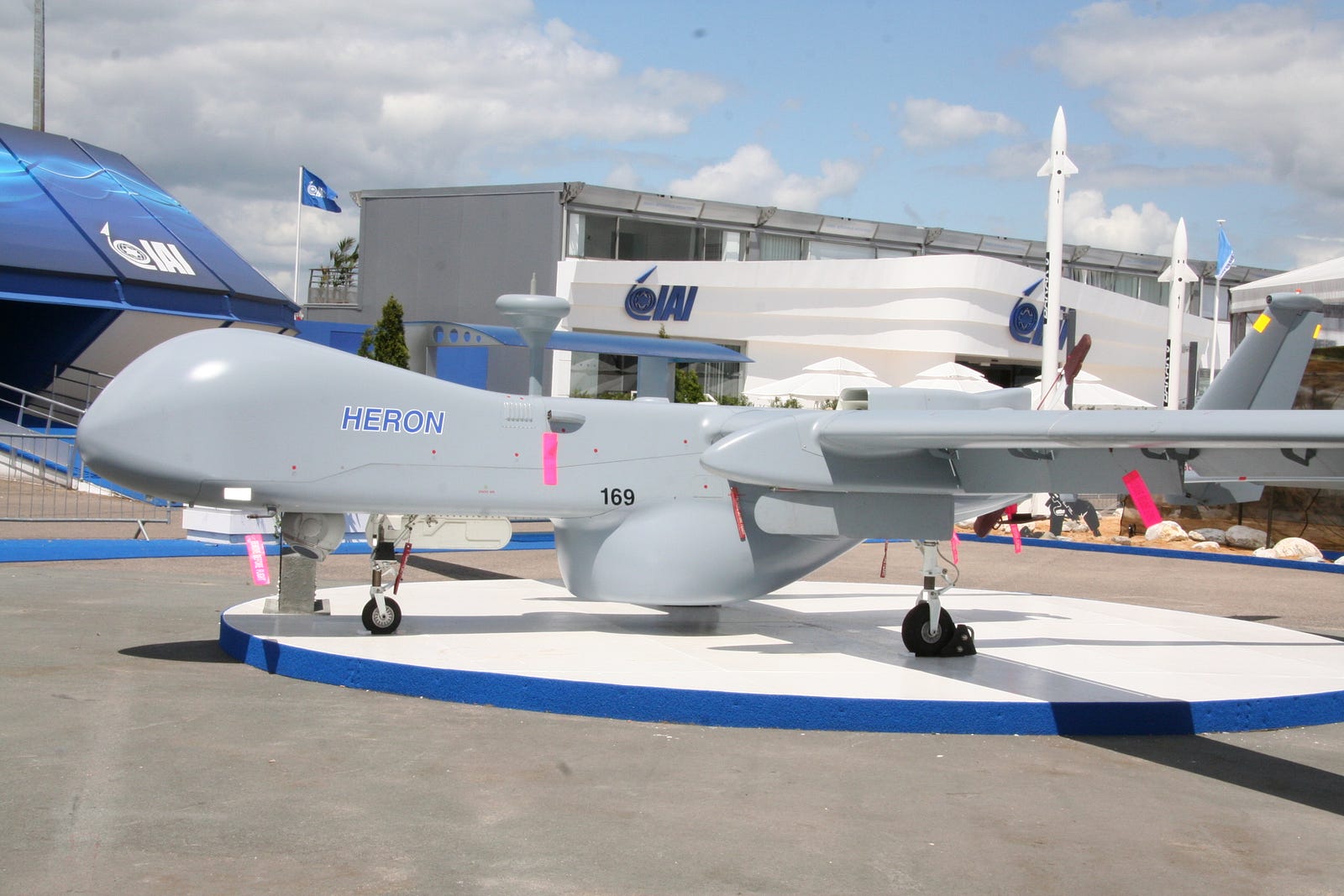By George Friedman
 Anyone who has ever been to a meeting knows that meetings are often confounding, frustrating affairs. Most of them are designed simply to be held. The people who attend them are unlikely to agree on anything except maybe the date the next one will convene, and the possibility that they accomplish something gets smaller as the meeting itself gets larger. The G-20 summit, which will be held July 7, is no exception. But that’s only because the people who attend it, the leaders of the countries with the world’s 20 largest economies, think of themselves as decision-makers when really they are hostages to history.
Anyone who has ever been to a meeting knows that meetings are often confounding, frustrating affairs. Most of them are designed simply to be held. The people who attend them are unlikely to agree on anything except maybe the date the next one will convene, and the possibility that they accomplish something gets smaller as the meeting itself gets larger. The G-20 summit, which will be held July 7, is no exception. But that’s only because the people who attend it, the leaders of the countries with the world’s 20 largest economies, think of themselves as decision-makers when really they are hostages to history.
In fact, the dynamics involved at a meeting such as the G-20 are indifferent to the people who attend it. Personalities are interesting but ultimately indecisive in power politics. World leaders may not like Donald Trump – in fact, many do not – but since they cannot avoid dealing with the United States, still the world’s only superpower, they cannot avoid dealing with its president.
The United States is inextricably linked to three major issues that will be addressed but probably not resolved at the G-20 summit. The first is the progression of North Korea’s nuclear weapons program, an issue the United States and China simply cannot ignore or fully resolve without at least talking to each other. On July 4, Pyongyang tested a missile it claims was an intercontinental ballistic missile. The North Koreans may be exaggerating, of course. The missile still needs guidance systems and a configured payload, but as U.S. Secretary of Defense James Mattis said, the United States can’t wait for North Korea to have a functional ICBM.



 The current standoff in Doklam in the region of the India-Bhutan-Tibet trijunction is the flare-up of a pre-existing condition
The current standoff in Doklam in the region of the India-Bhutan-Tibet trijunction is the flare-up of a pre-existing condition





 Location of Doka La, the region were Chinese troops reportedly entered India.
Location of Doka La, the region were Chinese troops reportedly entered India.












 Read the Publication (PDF)
Read the Publication (PDF)